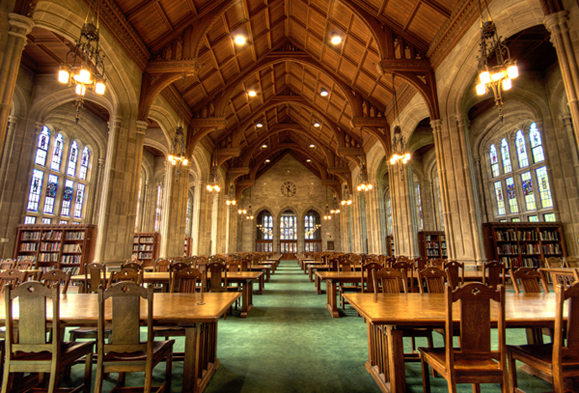In recent weeks, the case between Boston College and the U.S. government (working on behalf of the British government and a body rumored to be Police Service of Northern Ireland) has taken a few important turns. The case, which will now be given a full hearing on January 27th, began nine months ago, when Boston College was subpoenaed to release its collection of oral histories and interviews with former IRA members and paramilitaries. The collection, part of the college’s larger Belfast Project, was gathered between 2001 and 2006 by journalist and former IRA member Anthony McIntyre and Bronx-based Ed Moloney. The interviews were given under the condition that they would be confidential, and that none of the materials would be released until after the interviewees were deceased.
The subpoena initially called for all of the interviews to be released, but was then revised to request only materials that referenced the 1972 murder of Jean McConville. Particular emphasis has been placed on the taped interview with ex-IRA member Dolours Price, in which it is believed Price discusses Sinn Fein leader Gerry Adams’ involvement in the McConville murder. In another interview with the Belfast Project, Brendan Hughes, a now deceased ex-IRA member and close associate of Gerry Adams, claimed that Adams ordered McConville’s murder because she was allegedly spying on the IRA for the British Army.
In mid-December, U.S. District Court Judge William C. Young conducted an in-camera review of a portion of the tapes, which the college had called for. On December 22nd, he gave the college a deadline of December 30th to release the tapes. Though the college failed to meet this deadline, the materials were handed over to the court soon after. “These are serious allegations, and they weigh strongly in favor of disclosing the confidential information,” said Judge Young. His decision was reported to be based on a treaty that binds the U.S. and U.K. to share information relevant to ongoing criminal investigations.
Though the college did not appeal Judge Young’s ruling, it expressed disappointment, saying that it “could have a chilling effect because people could be reluctant to participate in oral histories moving forward.”
Lawyers working on behalf of Moloney and McIntyre then submitted a motion to forestall Judge Young’s decision, on the grounds that it was a violation of academic freedom. They also claim that handing over the tapes might undermine the Northern Ireland peace process and threaten the safety of all those involved.
The U.S. Department of Justice accepted their motion, scheduling the full hearing. As the case has garnered significant media attention on both sides of the Atlantic and throughout the island of Ireland, the fate of the tapes will be closely monitored and dissected in the weeks to come.


Leave a Reply